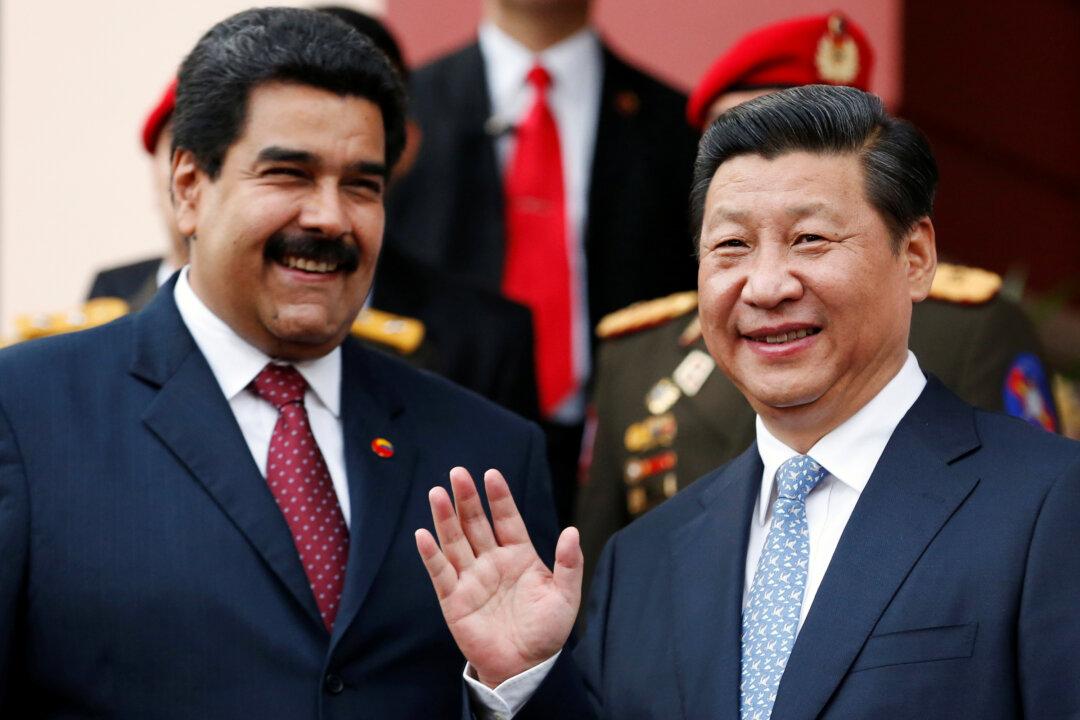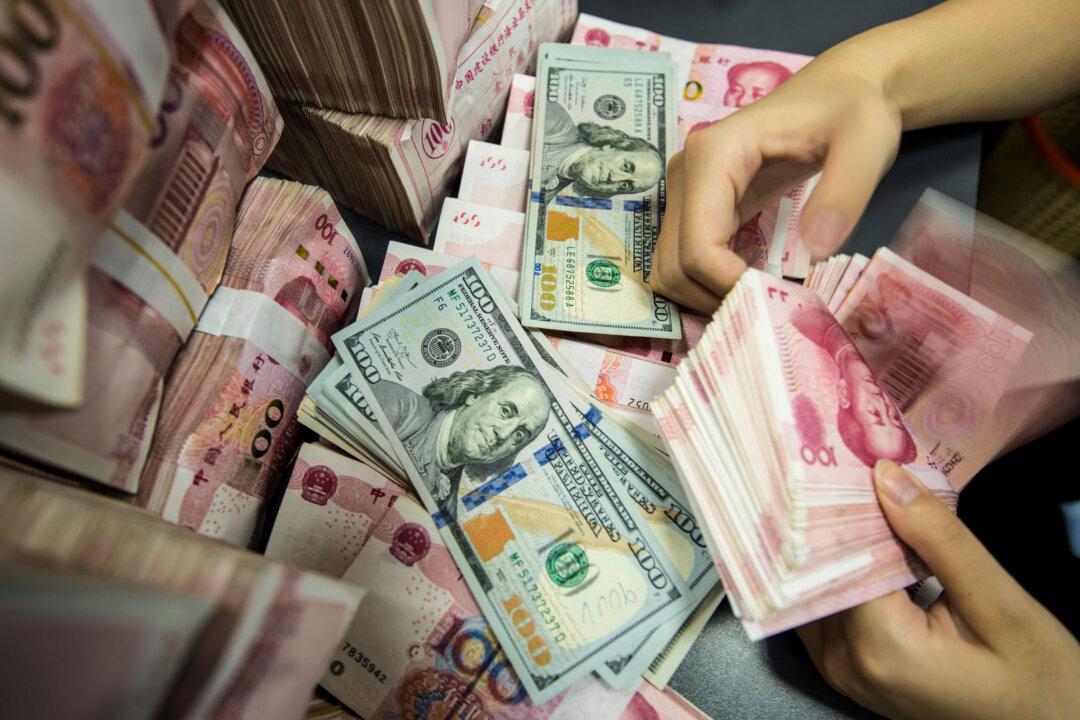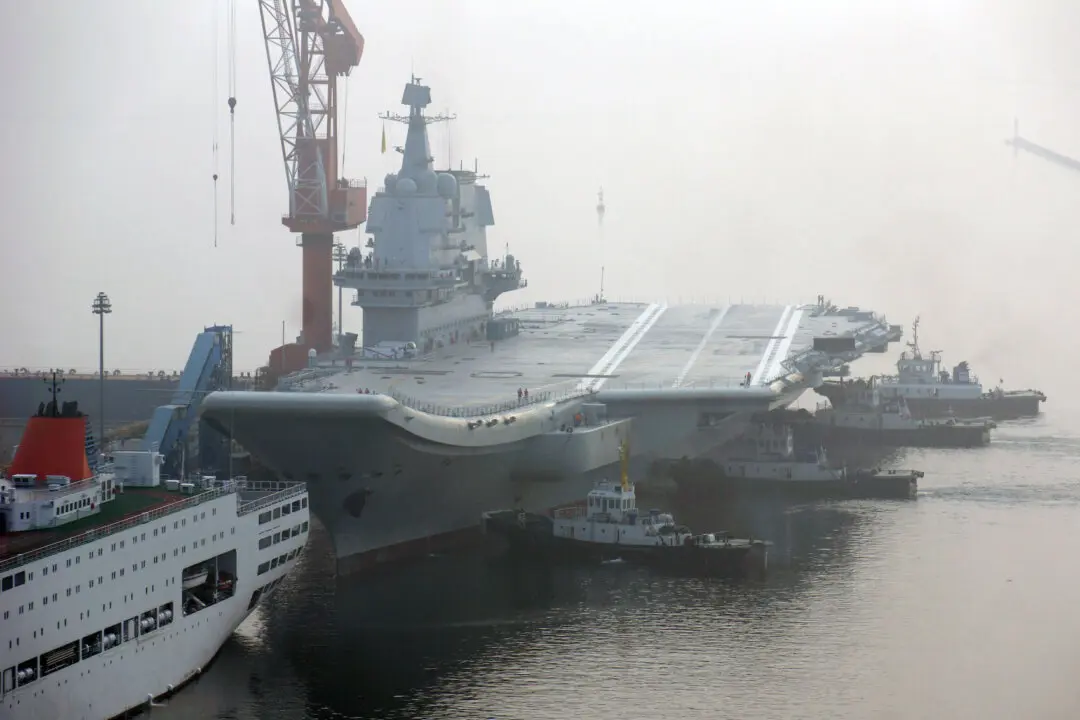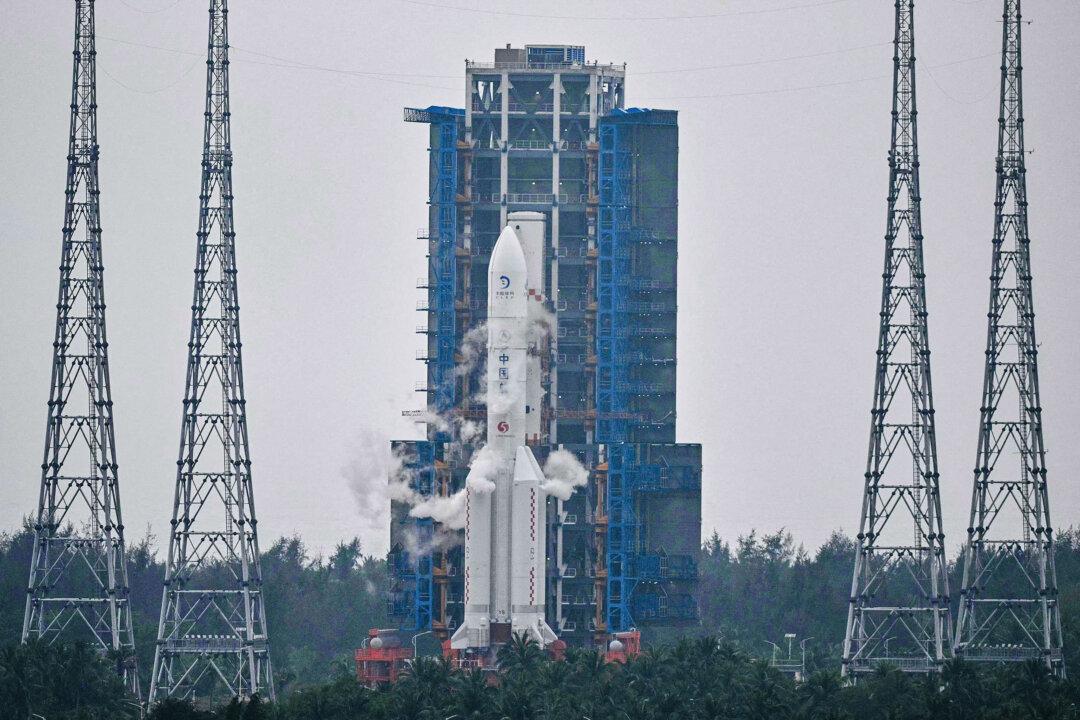Commentary
China has lent more money to Venezuela than any other country–$60 billion. When the two joined in an anti-U.S. union, both expected to benefit. Now, isolated by the world community, Venezuela’s bonds are in default and its economy is crashing. China has cooled on the relationship, and the United States may have an opportunity.





